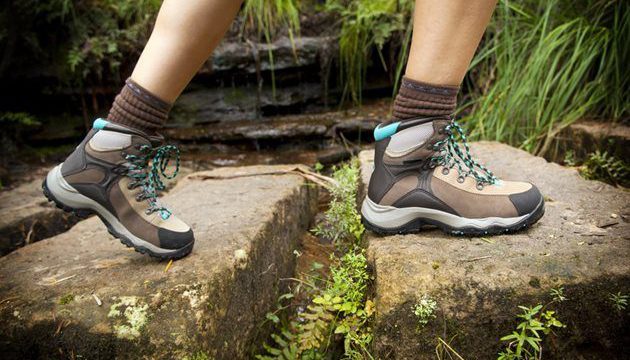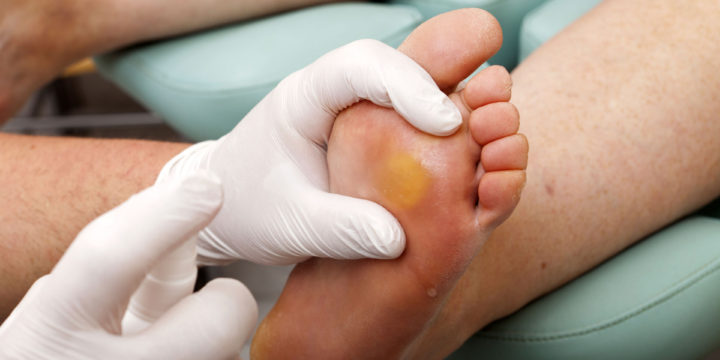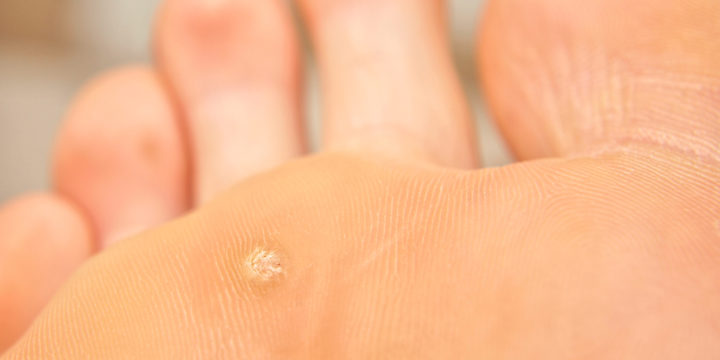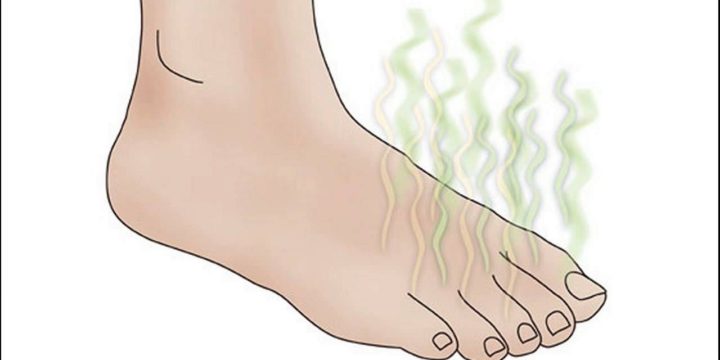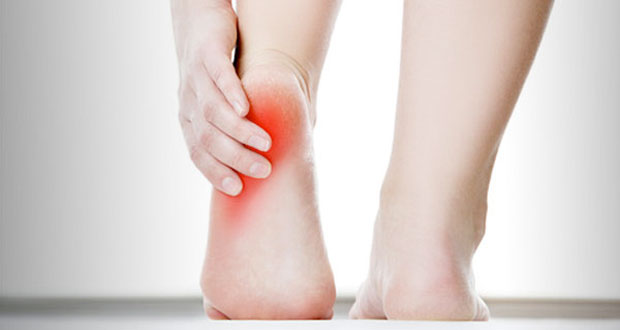
How do I know if I have plantar fasciitis?
Plantar fasciitis: Symptoms, diagnosis and treatment What is plantar fasciitis? Plantar fasciitis is thickening of the plantar fascia, a band of tissue running underneath the sole of the foot. The thickening can be due to recent damage or injury, or can be because of an accumulation of smaller injuries over the years. Plantar fasciitis can be painful. What causes plantar fasciitis? A number of factors can contribute to plantar fasciitis. While men can get plantar fasciitis, it is more common in women. You're also more likely to have this condition as you age. Common causes of plantar fasciitis include: Being overweight Taking up a new form of exercise or suddenly increasing the intensity of your exercise Standing on your feet for several hours each day Medical conditions such as rheumatoid…

